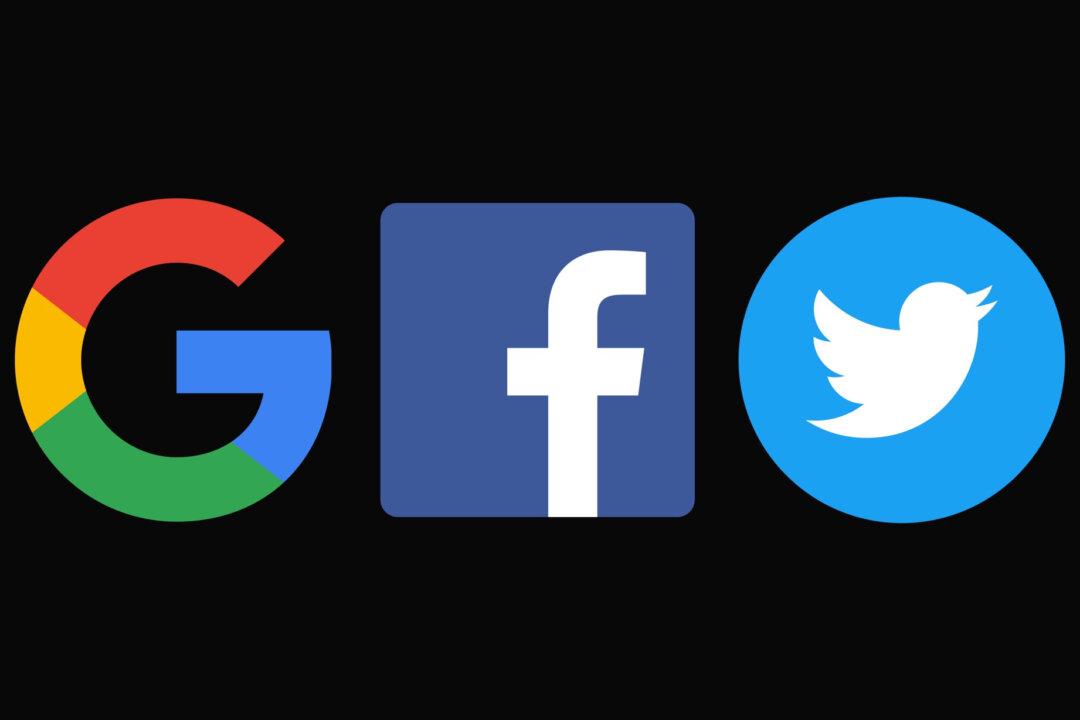Authorities in the UK have finally figured out that fake news stories and Russian-placed ads are not the real problem. The UK Parliament is about to impose stiff penalties—not on the people who place the ads or write the stories, but on the Big Tech platforms that determine which ads and stories people actually see.
Parliament’s plans will almost surely be energized by the latest leak of damning material from inside Google’s fortress of secrecy: The Wall Street Journal recently reported on emails exchanged among Google employees in January 2017 in which they strategized about how to alter Google search results and other “ephemeral experiences” to counter President Donald Trump’s newly imposed travel ban. The company claims that none of these plans was ever implemented, but who knows?





